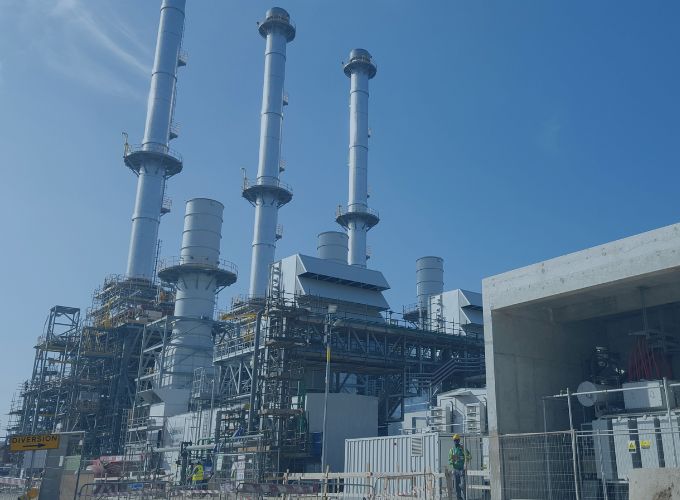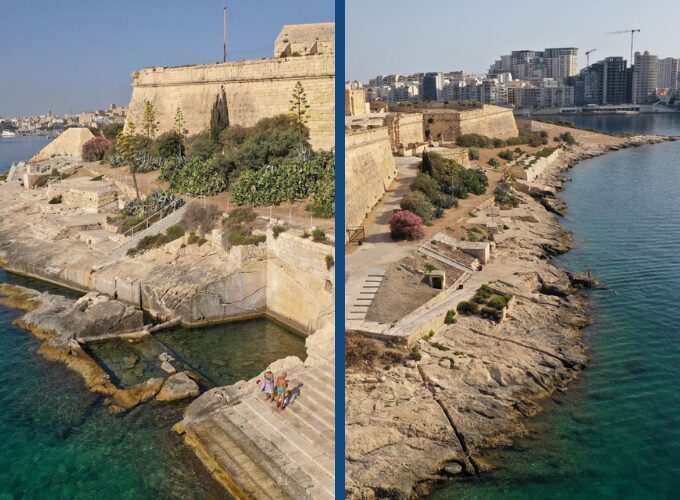
Malta’s fixed energy price policy acted as a lifeline for the country’s poorest households during the global energy crisis, but continuing the scheme indefinitely is fiscally unsustainable and environmentally damaging. That is the central message of a new discussion paper by the Central Bank of Malta, which evaluates the full impact of energy subsidies introduced in 2022.
The fixed price policy, introduced at the height of international oil and gas volatility, insulated Maltese households and firms from the sharp energy cost increases seen elsewhere in Europe. According to the Bank’s macroeconomic modelling, the subsidies supported economic activity, dampened inflation, and disproportionately benefited lower-income households.
By 2023, real GDP was estimated to be around 1.3% higher than in a scenario without subsidies. Inflation, particularly for essential goods and services, was markedly lower. But it was Malta’s poorest who gained the most. These households—classified in the model as non-Ricardians—typically spend a larger portion of their income on energy and have fewer alternatives. Without subsidies, they would have experienced more than twice the rate of inflation compared to wealthier households.
In contrast, wealthier families—Ricardians—were less exposed to energy shocks. They had greater capacity to absorb higher costs or adjust consumption patterns. As the paper notes, while universal subsidies succeeded in shielding the economy, they offered limited marginal benefit to high-income groups, suggesting the policy was a blunt but effective tool during crisis.
However, the long-term costs of maintaining artificially low energy prices are mounting. The study estimates that the subsidy programme has already added four percentage points to Malta’s debt-to-GDP ratio and could raise it by another four percentage points by 2030 if unchanged. This growing fiscal burden risks crowding out spending on other national priorities.
Moreover, by keeping energy prices artificially low, the policy has suppressed market signals and reduced incentives to improve energy efficiency or invest in renewable energy. In a no-subsidy scenario, the share of renewables in electricity generation would have been around 1.5 percentage points higher, with associated reductions in greenhouse gas emissions.
The fixed pricing strategy has also exacerbated Malta’s trade imbalance. As the study notes, insulating consumers from real energy prices kept demand – and therefore fossil fuel imports – high, worsening the country’s external position and increasing its exposure to global market volatility.
Recognising the risks of a sudden shift, the Central Bank modelled several exit strategies. It found that an abrupt removal of subsidies would trigger a spike in inflation and contraction in output, with poorer households suffering most. Instead, the paper advocates for a phased and well-communicated exit.
The preferred approach involves gradually tapering subsidies while recycling savings into two key areas: targeted social transfers for vulnerable groups and green investment subsidies to accelerate the renewable transition. On their own, each approach has trade-offs—but together, they offer a path that balances economic, social, and environmental priorities.
In conclusion, while Malta’s energy subsidy policy was vital in stabilising the economy during a period of unprecedented crisis, the Central Bank cautions that its indefinite continuation risks undermining the country’s fiscal health and climate goals. A deliberate, equitable, and forward-looking transition is now needed.
You Might Also Like

Latest Article
Rebate Only Way To Have Big International Shows, Producers Say
Malta’s leading television production companies have defended their use of the government’s 40% cash rebate scheme. MeetInc reached out to the producers behind high-profile shows like Big Brother, Love Island, Family Feud and The Voice Kids following reports that government had supported their production. Each company told this newsroom that the scheme is essential to … Continued
|
22 July 2025
Written by MeetInc.

Access to Manoel Island Foreshore Enhanced
|
21 July 2025
Written by MeetInc.

Creative Workers In Malta Get Union Backing Through New MEIA–Solidarjetà Partnership
|
21 July 2025
Written by MeetInc.









